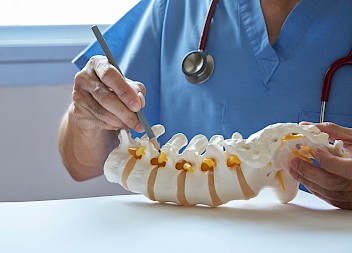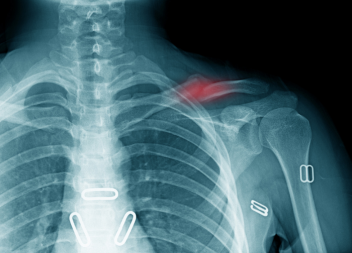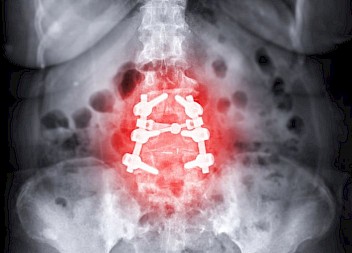After gastric bypass and gastric sleeve surgery patients should take a daily complete vitamin and mineral supplement for life to prevent nutritional deficiencies such as folate, calcium, iron, and vitamin D. Patients should also have regular Vitamin B12 injections for life.
Delay in Reversing Vitamin Mineral Deficiency Following Gastric Bypass Surgery Leads to £100,000 Compensation for Life-changing Neurological Injuries
Vitamin and mineral deficiencies can cause damage to the peripheral nerves and this was sadly the case for one of Christine Brown’s clients who developed neurological complications as a result of a delay in reversing her nutritional deficiency following gastric bypass surgery.
In 2012, the Claimant (C) underwent gastric bypass surgery to manage her weight. However, following the procedure, she struggled to eat and keep any food or liquid down without vomiting. She attempted to take her chewy vitamin supplements daily but they made her sick so she sucked them, but they still induced nausea and she was regularly sick. Despite this, C tried her best to take her multivitamins and informed her clinicians of the symptoms she was suffering.
C developed a neurological condition including peripheral neuropathy, that is, damage to the nerves in her hands and feet causing numbness, tingling and weakness. She also developed a radiculopathy, which is a pinched nerve in the spine, a myelopathy from spinal cord compression, and myopathy, with evidence of damage to her muscles. C’s existing adjustment disorder was significantly exacerbated, particularly by her inability to take antidepressant medication and continue her counselling.
Following her permanent neurological injuries, C sought legal advice from Medical Solicitors to make a clinical negligence claim.
C alleged the defendant, Sheffield Teaching Hospitals NHS Foundation Trust, failed to investigate her nutritional status and ensure she was taking adequate supplements to prevent vitamin and mineral deficiency, particularly when she complained of developing numbness. She alleged that due to her severe sickness and nausea, she should have been given her supplements intravenously.
The defendant initially denied breach of duty and causation, maintaining that it was not appropriate to "ensure" that an adult of sound mind complied with nutritional advice given. They alleged there was no evidence of nutritional deficiency and that C failed to take reasonable care of her own safety.
The defendant also disputed that C developed any injury to the spinal cord, and that any neurological symptoms were more likely due to her existing adjustment disorder.
Proceedings were issued and the case proceeded towards trial.
Expert medical evidence was obtained from bariatric, neurological, and psychiatric specialists.
At a joint meeting of both parties’ expert bariatric surgeons, the experts agreed that there was a breach of duty of care in that the treating clinicians suspected thiamine deficiency might exist but no measures were taken at the time to ensure that vitamin levels were replenished. The experts also agreed that there was a negligent failure to provide vitamin and mineral supplements intravenously, and that it was inappropriate for the surgeon to suggest that C continue taking chewable multivitamins when she had previously struggled to keep these down.
At a joint meeting of both parties’ expert psychiatrists, the experts agreed that there was no evidence that C’s neurological symptoms were due to a psychiatric disorder.
At a mediation in 2019 shortly before trial, Christine Brown successfully recovered £100,000 damages for C including for her injuries, past and future loss of earnings, and past and future care costs.













